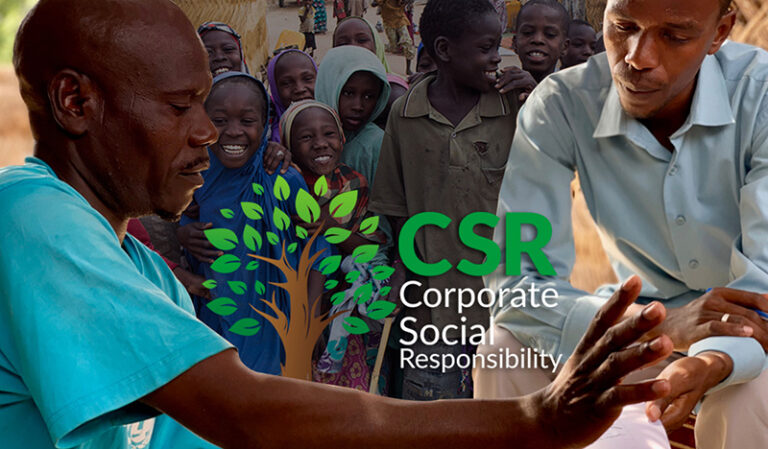Corporate Nigeria is facing a reality check. In 2023, Nigerian Breweries Plc reported a ₦106 billion net loss, while MTN Nigeria declared a ₦400.44 billion after-tax loss in 2024. Both giants cited naira devaluation and forex-related costs as major drivers of the downturn.
Beyond financial headlines, one area deeply affected is Corporate Social Responsibility (CSR).
In previous years, CSR in Nigeria was visible through big-budget sponsorships—Project Fame, Gulder Ultimate Search, Maltina DanceAll, and Nigerian Idol defined an era of entertainment-driven corporate philanthropy. Today, many of these shows are gone, reflecting shrinking budgets and shifting priorities.
The banking sector exemplifies the shift: CSR funding fell from ₦23.9 billion in 2021 to ₦7.2 billion in 2022, a 70% plunge. Analysts attribute this to intense competition with fintechs and the need for operational survival.
Yet not all companies see CSR as declining. Access Bank, UBA, and Zenith continue to rank among the top CSR spenders, though focusing on climate action, poverty reduction, and SME support rather than entertainment. International Breweries’ Kickstart Initiative has also channeled over ₦600 million into youth entrepreneurship across 30 states.
Critics, however, argue that many CSR projects are branding exercises rather than sustainable empowerment. “Over 70% of reality show winners can’t account for how their prize money changed their lives,” said industry expert Bryan Ochefu.
Economists warn of further CSR contraction if Nigeria’s economy doesn’t rebound soon. While companies will continue to announce CSR commitments, the impact may remain modest compared to the golden years of corporate sponsorships.

